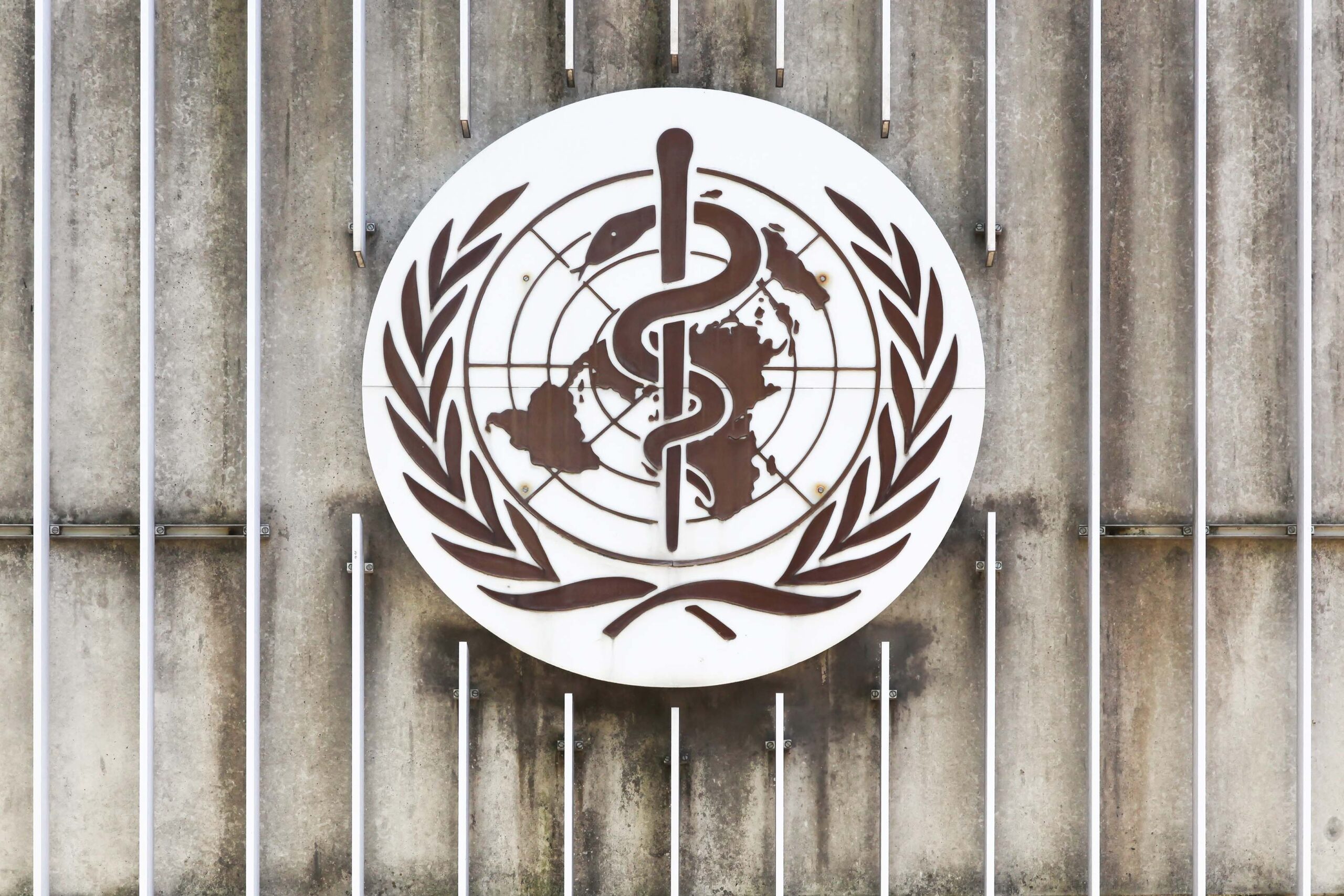The World Health Organization (WHO) recently released the results of a 20-country survey which identified barriers to biosimilar adoption, the Center for Biosimilars reports. Entitiled “Regulatory challenges with biosimilars: an update from 20 countries”, the survey was a follow-up to one conducted ten years prior. While most of the issues identified in the earlier survey have been resolved, the authors report, a few remain including the lack of a consistent international standard for biologic naming. “There is still no consensus among countries on the naming and labeling of biosimilars,” they observe, and the WHO does not provide specific nomenclature for biosimilars.
Some countries including Canada and those in Europe, use the brand name and international nonproprietary name (INN) that latter of which is shared between the reference biologic and all its biosimilars. Other countries, including the United States and Japan use a suffix or other identifier as part of the name.
The authors stressed that naming and labeling are important for good pharmacovigilance, which they call “essential for establishing the safety and efficacy of interchangeability of biosimilars.” There are concerns, they say, about “prescription mix‐ups, unintentional switching, and questions on traceability.” To address these concerns, the authors recommended biosimilars be clearly identifiable, using a unique brand name with the international proprietary name, and the lot number be provided.
Following years of study on the issue including findings from the first 20-country survey, in 2014 the WHO’s INN Expert Group in fact proposed a voluntary naming standard which would address these concerns.
Under the proposed system, all biologics sharing an INN be assigned a unique four-letter suffix called a “biological qualifier” or BQ, tied to the marketing authorization holder (MAH). Advantages of such a system include increased transparency, decreased likelihood of inadvertent or inappropriate substitution, improved traceability including more accurate attribution of adverse events to the correct product, and increased manufacturer accountability for their products.
While initially recieving strong support from many national regulatory authorities including the FDA, Health Canada, and Australia’s Therapeutic Goods Administration (TGA), the BQ proposal has not yet been implemented. In the absence of WHO making this system available, in 2015 the FDA adopted its own BQ-like suffix system.
In 2018, Australia adopted the European approach citing lack of WHO progress on implementation of the BQ system. Similarly, until 2019 Health Canada was in conversations with FDA about harmonizing distinct nomenclature systems regionally, but ultimately went with the brand+INN approach used in Europe, again citing lack of WHO action on distinct naming as a reason. However, both Canada and Australia have expressed their willingness to harmonize with the WHO standard were it to be made available.
Learn more about the BQ proposal here.
Read a summary of the paper’s findings here.
Read the paper here.
